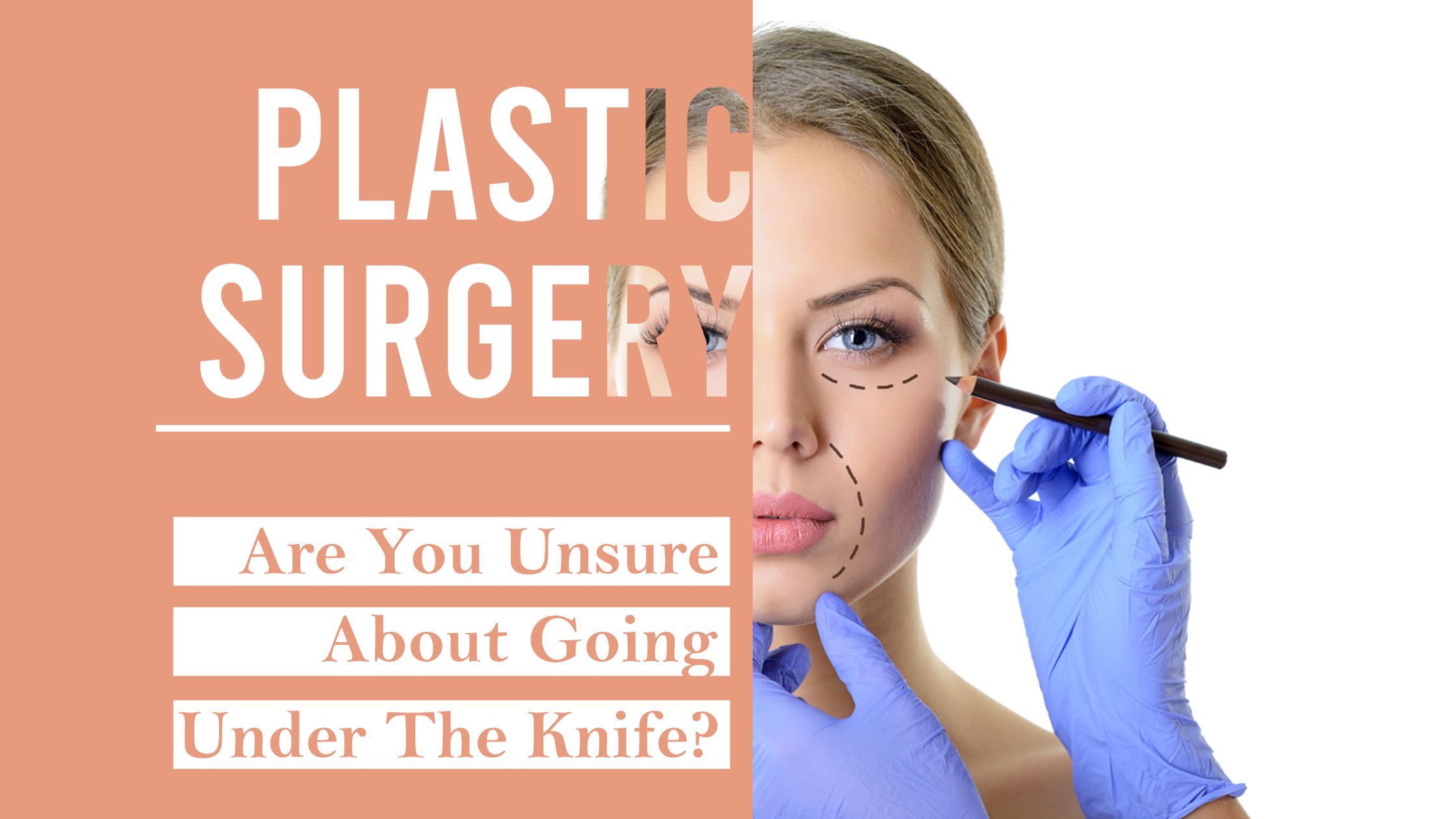Plastic surgery has had its fair share of defamation and is perceived as vain, but Plastic surgery is much more than its perception. Ask yourself: When was the first time you heard about plastic surgery? Your answer will either be – 1) when you heard a celebrity enhancing his/her appearance to appeal to a larger audience or 2) when someone wanted to increase or decrease the size of their body parts to appease their vanity.
But plastic surgery is much more than this perception. Plastic surgery proves to be a boon to someone who has been in a bad accident, has had a dog bite mark on his face, has burn scars, or has a birthmark on their face. While some perceive these as vanity, for others it is equivalent to gaining more confidence, and a way of turning their life around.
Regardless of the reason, plastic surgery has been around for a considerable period helping patients get back on their feet with confidence and a ‘ready-to-take-on-the-world’ boost.If you have been considering plastic surgery, then here’s your guide to the most common plastic surgery doubts and frequently asked questions to help you weigh in on your decision.
What is plastic surgery?
Plastic surgery is a surgical process that aims at restoring, altering or reconstructing various parts of the human body to improve or restore the function or appearance of tissue or skin, keeping it as close to normal as possible.
Quite simply: It is a surgical procedure that can change a person's appearance and ability to function.
Plastic surgery is categorized as:
- Reconstructive surgery: As the name suggests, reconstructive surgery aims at wound healing and reconstructing defects of the human body that are either acquired or congenital. Some common types of reconstructive surgery include cleft lips, palates, burn scars, scars left after an accident, animal bites, facial and ear deformities, or the treatment outcome of particular diseases like reconstructing a breast after mastectomy, etc.
- Cosmetic surgery: Cosmetic surgery aims at improving the patient's appearance, usually in cases where the patient is not satisfied with the way he/she looks. Cosmetic surgery includes reshaping the nose, reducing facial birthmarks or scars, reducing or increasing the size of breasts, reducing fat from a particular body part (like tummy-tuck) and many more. Cosmetic surgery is also referred to as aesthetic surgery.
The line between reconstructive surgery and cosmetic surgery is very vague and mostly overlaps each other equally depending upon the patient's reasoning and choice for opting for the surgery as well as the fact the plastic surgeon has to incorporate both methods in this procedure while treating a patient.
Is plastic surgery done with plastic?
Plastic surgery gets its name from the Greek word ‘plastikos’ – meaning to form or mould. Plastic surgery uses materials like silicone, Gore-Tex and Medpor and does not involve the use of plastics in any way. Majority of plastic surgeries do not use any material.
Plastic surgery is sometimes misconstrued to be ‘fake’ or not natural if the procedure is performed by inexperienced doctors. It is crucial to look for one of the best plastic surgeons to stay close to natural aesthetics.
Is plastic surgery painful?
As with any other surgery, plastic surgery also has its fair share of surgical aches and pains. However, it is important to understand that the pain threshold of each person is different. On a consensus, most patients agree that plastic surgery is not very painful.
What is the most common plastic surgery procedure?
As per leading research and statistical organization, the five most common plastic surgery opted for by people in India are:
- Hair Transplant
- Liposuction
- Rhinoplasty
- Botox
- Breast enlargement
Is plastic surgery harmful?
Apart from the surgical complications that may occur if surgery is not performed by an experienced plastic surgeon, there are no long-term physical side effects of plastic surgery. The surgical complications may sometimes include infection, blood loss, hematoma, deep vein thrombosis, seroma, etc. For the best plastic surgery results, it is wise to choose one of the best plastic surgeons before going under the knife.
Conclusion:
Plastic surgery, despite its misconceptions, can prove beneficial for many if opted for the right reasons. With modern-day advancements in medical and surgical procedures, plastic surgery outcomes have improved manifold giving closer to a natural look, a feat that was quite impossible a few years ago.

